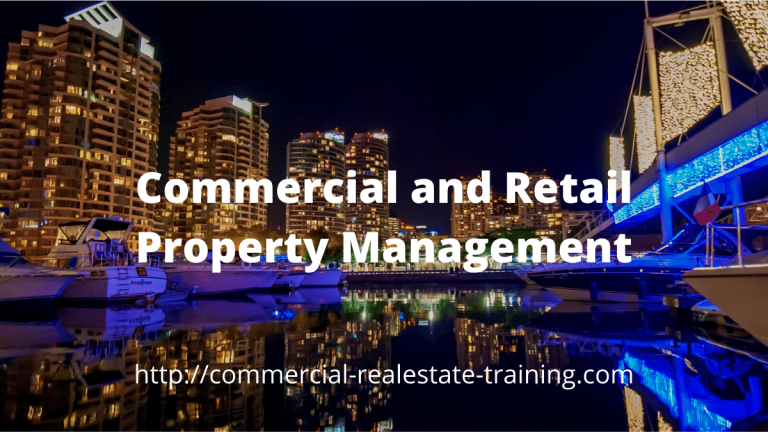Shopping Center Managers – How to Resolve Your Action Planning in Shop Leasing and Tenant Mix Planning
You need an action plan in shopping center leasing if you are going to resolve a number of issues relating to property performance.
Retail is very unique in property planning, marketing, tenant mix, and customer interaction. Leasing covers all of those issues.
Over time you can improve the action plan to suit the performance targets and issues within the property; that is certainly the case in any large shopping center where challenges exist with operational issues, the tenant mix, and the landlord requirements.

Retail Factors to Look At
Here is a typical list of key issues to watch and action in any retail shopping center performance plan:
- Know the retail business types – Different business types have particular challenges relating to sales, customer interaction, and marketing. Some businesses will suit the customer demographic, and others will not. Ideally you should understand the business types that are best suited to the asset given requirements of sales, customer interest, and the balancing of the tenant mix. Choose the best tenants given those factors. Remove tenants from the property with retail difficulty.
- Know the tenants – There will be decision makers in each tenancy to connect with. Some will interact well with center management; on that basis they will usually cooperate with property operational issues. That being said, some other tenants will always be slow to action or move on something of importance. Get to know all of your tenants comprehensively and how they do business. Follow up your tenants to ensure that any issues and lease requirements are happening. Don’t assume that a tenant will move on an issue simply because you sent them a letter or an email. Invariably they will usually not have moved on any request that you send.
- Track lease expiries – Leases do come to an end. It pays to connect with your tenants well in advance prior to any lease expiry to see what the tenant is thinking when it comes to ongoing occupancy. Perhaps you would like them to leave the property. Decisions have to be made early with tenants and lease issues.
- Watch the franchises – Franchise tenants will usually work to a business plan and model. They will look after their own marketing and business presentation. In a larger shopping center you will usually have a variety of retail tenants working to a franchise model. The lease that exists over the premises will capture the key relationships that the tenant has to the property. Make sure you know the lease terms and conditions and ensure that they are policed.
- Understand Anchor tenant requirements – In any retail property, the anchor tenants will be critical to property performance. That being said, anchor tenants require specific communication and close monitoring. Understand how they are trading, how they are marketing, and what their future business initiatives will be for the business.

So these are some of the main issues to watch when it comes to shopping center leasing and performance.
You can add your own topics to the list based on your location and the attributes of the property function.






